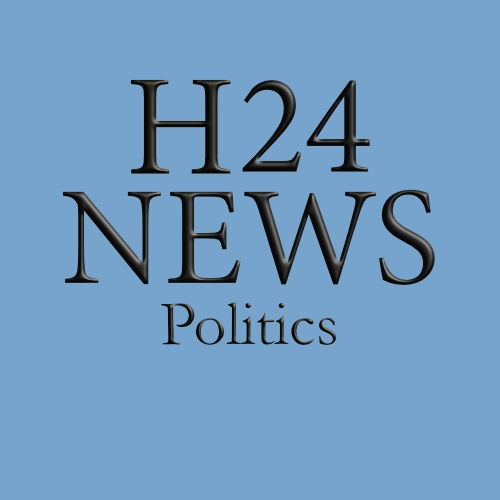The delayed presentation of the draft budget to the National Assembly will be the first major challenge for Michel Barnier’s future government, which could face a motion of censure in the coming weeks
Originally scheduled for October 1, the budget bill is now expected to be tabled on October 9. If this prediction is confirmed, it would be an exceptional event in the history of the Fifth Republic, as a comparable situation has only occurred once before, in 1962, following a dissolution of the National Assembly. However, unlike that year, such a lengthy postponement seems unlikely this time around.
The timetable remains tight, with parliamentarians needing 70 days to examine and approve the budget before it comes into force on January 1, 2025. This tight deadline complicates the task of the oppositions, who need sufficient time to analyze and propose amendments to the draft budget. Bertrand-Léo Combrade, professor of public law, points out that this delay makes the task more difficult for opponents, which explains Eric Coquerel and Charles de Courson’s urgent request to obtain the necessary documents without delay.
On Tuesday, Finance Committee chairman Eric Coquerel and general rapporteur Charles de Courson were denied access by Matignon to the lettres-plafonds, the crucial documents that determine ministerial appropriations for the 2025 budget. These documents, sent to the ministries on August 20, are already a month late. The two parliamentarians attempted to retrieve the documents from the Ministry of the Economy and Finance on Wednesday, without success.
On the other hand, some members of the opposition are adopting a more conciliatory attitude to the situation. Laurent Baumel, a Socialist MP, expressed his willingness to accept the situation imposed by the Prime Minister, while other members of the Finance Committee assured that the delay would not compromise their ability to carry out their work effectively.
Towards tax reform: challenges and prospects
Faced with a worrying financial situation, the tax policy introduced since 2017 seems difficult to maintain. Pierre Moscovici, president of the French Court of Auditors, expressed doubts on Wednesday as to whether the target of reducing the public deficit to 5.1% of GDP by 2024 could be achieved, describing the situation of French public finances as “truly worrying”.
The Governor of the Banque de France, François Villeroy de Galhau, stressed this morning on BFMTV-RMC the need to make compromises in the face of accumulating deficits and debt. Michel Barnier, for his part, described the budget situation as “very serious”, calling for more rigor than mere declarations.
Less than 24 hours after his arrival at Matignon, the Prime Minister has already announced his intention to explore “greater tax justice”. Although the details have yet to be worked out, this declaration marks an important turning point. A study by economist Gabriel Zucman, published in January, revealed that the real tax rate for the ultra-rich in France was just 2% in 2022, underlining the tax disparities to be addressed.






